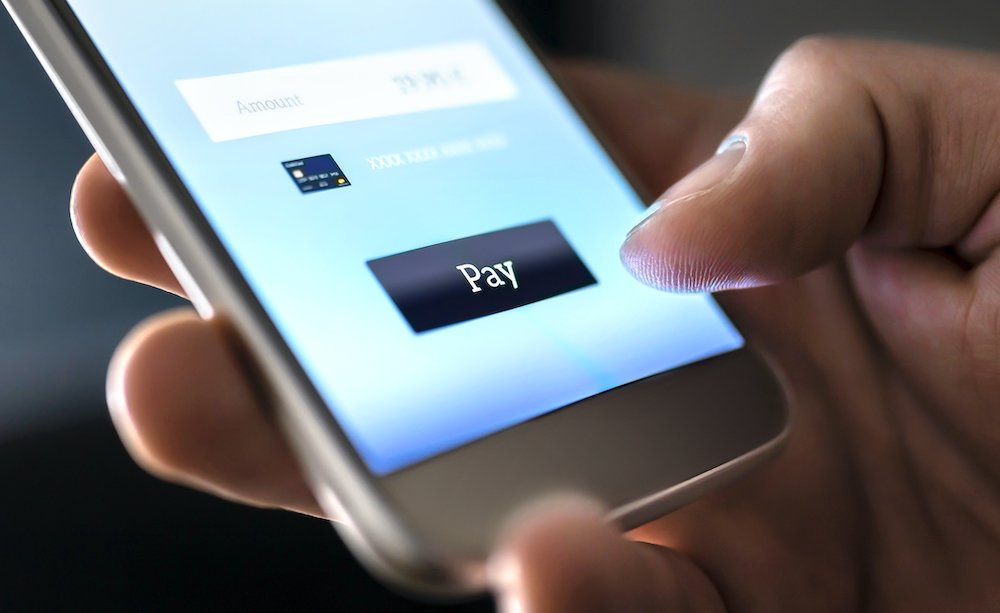Apple has offered a set of commitments to competition regulators in the European Union aimed at resolving concerns focused on NFC payments and mobile wallet tech on iOS, its mobile operating system. The EU suspects Apple of unfairly favoring its own mobile payment tech, Apple Pay, and squeezing out the ability of rivals to develop competing contactless payment offerings on its mobile platform.
“Apple is committed to providing fair and open access to NFC functionality for third party mobile wallet and payment service providers on iOS devices.”
Per the Commission, third parties would still not gain access to a component of Apple’s mobile hardware, a special chip called the secure element, which it uses to enhance the security of transactions made using Apple Pay. But it has offered to allow “equivalent access” to NFC components, in what’s being referred to as “Host Card Emulation (‘HCE’) mode”. This would securely store payment credentials and complete transactions using NFC, without relying on an in-device secure element.
Apple also pledges to apply these commitments to all third party mobile wallet app developers in the European Economic Area and to all iOS users with an Apple ID registered in the region. This includes allowing the use of these apps for payments in stores outside of the EEA. To further ensure fair competition, Apple has pledged to provide third parties with additional features and functionality, such as default payment app preferences and access to authentication features.
“We are committed to applying fair, objective, transparent, and non-discriminatory criteria for granting NFC access to third parties.”
To gain access to NFC functionality, third parties will need to conclude an ADP license agreement with Apple. The company has also agreed to create a dispute settlement mechanism where decisions to deny access will be reviewed by independent experts.
The Apple Pay competition saga has been ongoing for several years. After a formal investigation launched in June 2020, the first charges were filed in May 2022. The Commission’s preliminary findings state that Apple has abused its dominant position in the market for mobile wallets on iOS, preventing competitors from offering NFC-enabled contactless payments and developing fair competition to Apple Pay.
Apple is hopeful that these commitments will satisfy regulators’ concerns and resolve the matter. However, the Commission has opened a consultation seeking feedback on the offer and will take a month to review before making a decision. If the commitments are not considered adequate, Apple may face pressure to offer more concessions to satisfy competition scrutiny.
If accepted, these commitments will be in effect for ten years, with an independent monitoring trustee appointed to ensure compliance. Any future failures to honor the commitments could result in fines of up to 10% of Apple’s worldwide turnover, without the need for the Commission to prove a violation of EU antitrust rules.
The Apple Pay case predates the bloc’s newly enacted ex ante competition legislation, which subjects Apple to stricter regulations as a designated “gatekeeper” under the Digital Markets Act (DMA). This regulation aims to protect the freedom of business users to choose alternatives to gatekeepers’ services, aligning with the Commission’s enforcement on Apple Pay under pre-existing competition rules. Although Apple Pay is not designated as a “core platform service,” the iOS App Store has been, and the DMA is expected to greatly expedite the process of addressing abuses of dominance in digital markets.








